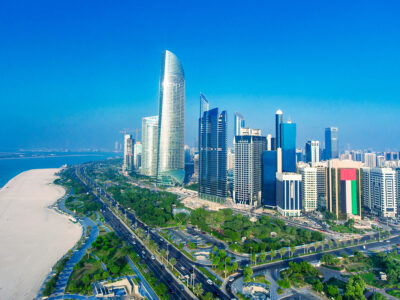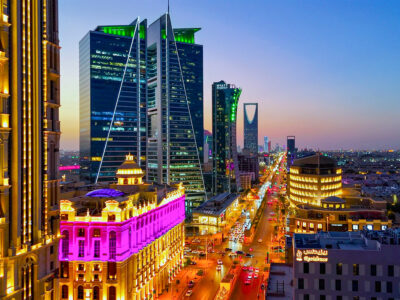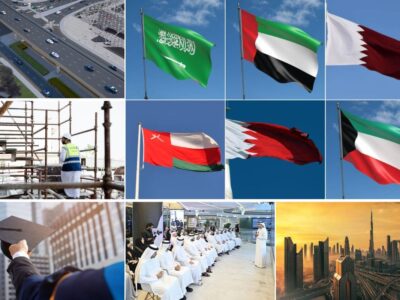The UAE has again called for de-escalation of the war in Ukraine as stocks fell along with European and US equity futures as investors reacted to reports of an attack on a major nuclear power plant by Russian troops.
Ukraine told the International Atomic Energy Agency that a fire at the plant “has not affected ‘essential’ equipment” and that there had been no change reported in radiation levels.
Russian troops began shelling the facility – Europe’s largest nuclear plant – on Friday, Ukrainian officials said.
In response, European contracts fell about 3 percent and those for the US shed around 1 percent, a little off earlier lows after an initial spasm of worry eased. Asian equities were in the red, sapped by Japan and Hong Kong. Meanwhile havens including sovereign bonds rose.
Ukraine crisis
In a speech delivered by Ambassador Ahmed Abdulrahman Al Jarman, Permanent Representative of the UAE to the United Nations and other international organisations in Geneva, told the 49th session of the Human Rights Council all parties involved in the crisis should exercise self-restraint and seek a diplomatic end.
“The UAE is following up with great concern the ongoing events in Ukraine, and articulates its firm position on the need to de-escalate and find a peaceful solution to the crisis between the parties concerned, as well as the need to support efforts aimed at launching channels of dialogue and strengthening diplomatic action at all levels to support the prospects of peace, ensure restoring stability and security, and pave the way for necessary political solutions, in preparation for restoring normalcy,” Al Jarman said.
In his speech, Al Jarman underlined the need to adhere to the principles of international law, International Humanitarian Law, and the Charter of the United Nations, especially in terms of the settlement of international disputes by peaceful means, and respect for the sovereignty, independence of states, and their territorial integrity.
He also stressed that the continuity of the conflict would exacerbate serious violations of human rights and international humanitarian law, calling on all parties to exercise self-restraint in order to stem losses among civilians and the displaced.

The UAE diplomat underlined in this regard the need to protect civilians and safeguard relief aid supplies in conflict zones, and ensure their delivery to the targeted beneficiaries under these tough circumstances, in line with the relevant humanitarian conventions.
The UAE has allocated $5 million in response to the United Nations flash appeal and the inter-agency Regional Refugee Response Plan (RRP) for Ukraine.
Gains in gold and the dollar moderated, while the euro pared a decline. Oil was near $110 a barrel, trimming a jump of as much as 4.8 percent. A rally in Treasuries lowered the US 10-year yield to less than 1.80 percent.
Sentiment was already shaky after Russia’s invasion of its neighbor. Energy, metal and grain costs have soared as Russia’s oil and other resources are shunned.
“The headlines about the Russian shelling of that nuclear plant are clearly driving a flight to quality trade,” said Chamath de Silva, senior portfolio manager at BetaShares Holdings in Sydney.
Russia’s military action and sanctions imposed by the US and its allies are creating a range of risks. They include high raw material costs, damage to global confidence that can sap investment and the potential for credit stress to ripple through markets.
The gap between two-year and 10-year US Treasury yields is the lowest since March 2020. The flatter curve points to expectations for slowing economic expansion.
“Rising commodity prices are a big concern for the market, prompting fears of stagflation,” said Fiona Cincotta, senior financial markets analyst at City Index. “The economic clinch point of this war is commodity prices. Higher energy prices, slowing growth, and surging inflation are not a good outlook.”








